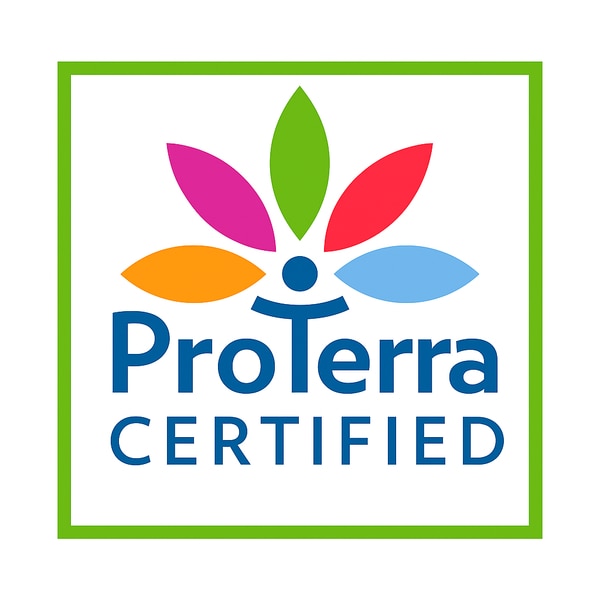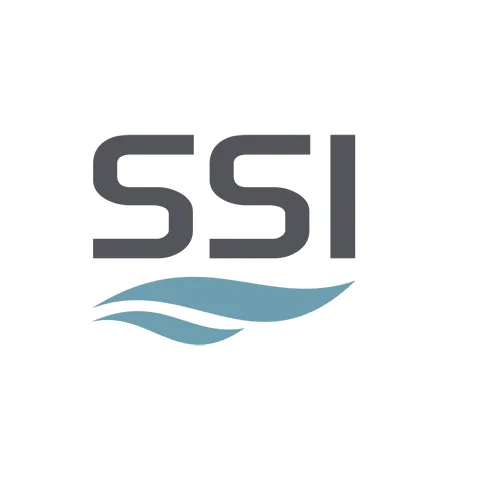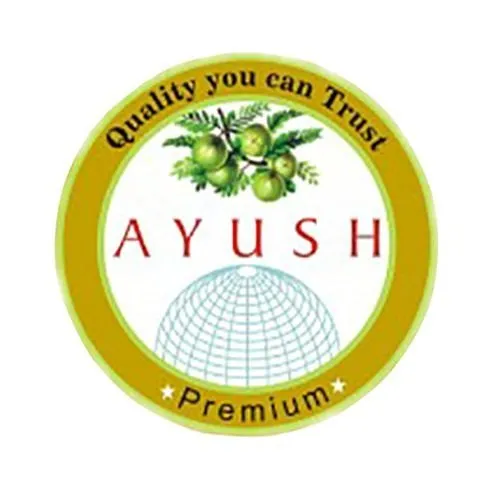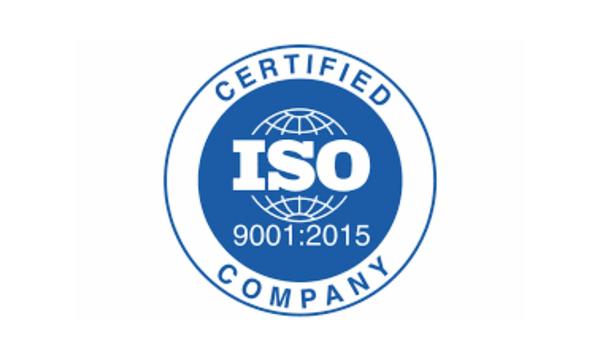Promoting Sustainable, Traceable, and Non-GMO Agriculture with ProTerra Certification By Shark Certification Pvt. Ltd., Indore At Shark Certification Pvt. Ltd., we are proud to offer ProTerra Certification, a globally respected standard for sustainable, non-GMO agriculture and food systems. Designed to ensure transparency, traceability, and ethical practices across the entire supply chain, ProTerra Certification helps organizations demonstrate their commitment to responsible production and environmental stewardship. What is ProTerra Certification? ProTerra is a comprehensive sustainability standard focused on promoting responsible agricultural practices, protection of natural resources, and the exclusion of genetically modified organisms (GMOs). It supports traceability and accountability at every stage—from farms to processing facilities and trading entities—helping companies meet growing consumer and regulatory demands for sustainability. Three Levels of Certification Offered Depending on your role in the supply chain, Shark Certification Pvt. Ltd. can assist with the appropriate level of certification: Level I – Agricultural Production: For farms and growers, this includes the entire production area, encompassing both cultivated and non-cultivated zones. Level II – Storage, Transport & Trading: Focused on ensuring traceability and GMO-free integrity during handling and distribution of goods. Level III – Industrial Processing: Tailored for facilities involved in processing, manufacturing, or transforming raw agricultural products. Industries and Products Covered ProTerra Certification applies across a wide range of sectors such as agriculture, floriculture, horticulture, food processing, retail, and transport. Eligible products include but are not limited to: Soy, maize, rice, sugarcane, sunflower, rapeseed Fruits, vegetables, nuts, spices, and tea Bananas, coconut, palm oil, flowers, and plants Why Choose Shark Certification Pvt. Ltd.? Located in Indore, Shark Certification Pvt. Ltd. is your trusted partner for achieving ProTerra Certification. We combine industry expertise, global standards, and local knowledge to deliver reliable, timely, and cost-effective certification services. Our auditors are trained to work across multiple sustainability frameworks, allowing clients to bundle ProTerra Certification with complementary programs such as: Bonsucro ISCC Plus & ISCC EU RSPO Food Safety & Non-GMO Labeling Programs Key Benefits of ProTerra Certification Market Advantage: Meet rising global demand for sustainably sourced, GMO-free products. Brand Credibility: Enhance trust and reputation with independent third-party verification. Supply Chain Transparency: Ensure full traceability from farm to final product. Environmental Responsibility: Contribute to biodiversity conservation and climate action. Corporate Social Responsibility: Show commitment to fair labor practices and community welfare. Join the Global Movement for Sustainable Agriculture At Shark Certification Pvt. Ltd., we’re committed to helping producers, processors, and traders align with global best practices through ProTerra Certification. With rising awareness around the environmental and social impact of food systems, now is the time to showcase your dedication to a better future.
Send Message



